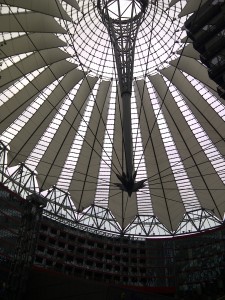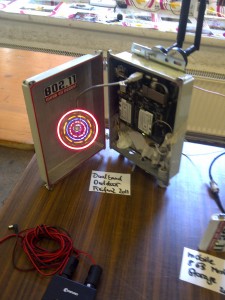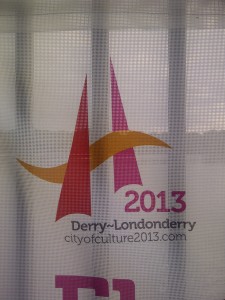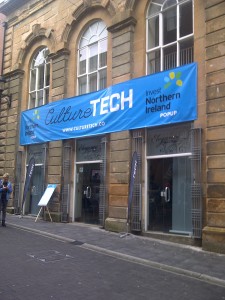Technological advancements are transforming the operating context at break-neck pace, and we are concerned about the preparedness of VCSEs, if they are to future-proof their vitally important work and ensure it remains relevant in the face of changing needs, new service delivery channels and opportunities to deliver social impact. In particular, we are concerned to ensure VCSEs are supported to appreciate and engage in the development of intangible (data) and intellectual property assets going forward as per other sectors.
To date, the Government’s efforts have concentrated almost exclusively upon the scope for closer working with HEIs and the private sector to unlock the potential for greater efficiencies and economic growth harboured by technological advancements in respect of data. Indeed, with the exception of investments on the part of NESTA and the Nominet Trust, policy makers and major funders have been all but silent when it comes to working with VCSEs to innovate in the context of our increasingly digital society. Common Futures is a socially conscious business working to uncover where the potential for taking this work forward might lie.
We have contributed to the development of national policy and practice in respect of public open data to benefit VCSEs. We’ve spear-headed cutting-edge work with VCSEs that are grappling with personal and organisational data collection, sharing, analysis and deployment to improve service design and address social problems through the Our Digital Community programme. We’ve also engaged directly in prototyping of our own in the course of working with Locality. Increasingly, our work points towards data deployment by and for VCSEs as a vitally important area of activity that would benefit from being investigated more thoroughly: Making Transparency Work for You 2014




